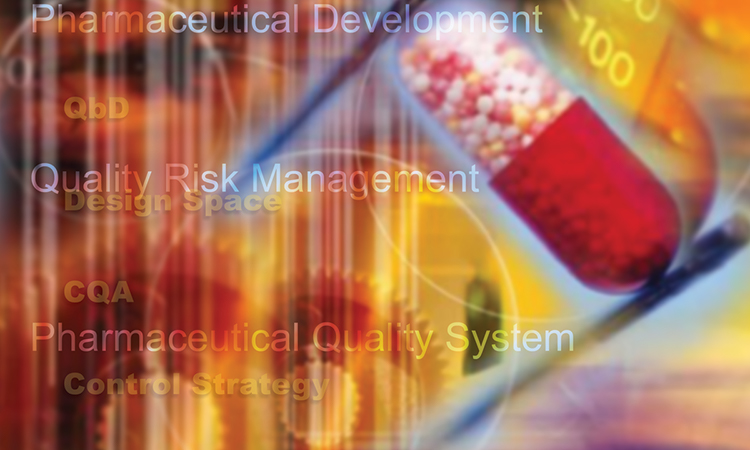ISPE is committed to fostering communications and interactions to advance common interests among the pharmaceutical industry and regulatory agencies.
Regulatory Innovation and Global Collaboration
Keynotes delivered by notable regulators at the ISPE Europe Annual Conference held 12-14 May 2025 in London explored the ways that global regulators are modernizing frameworks, embracing innovation like AI and decentralized manufacturing, and fostering international collaboration to accelerate safe, efficient access to medicines.
EMA on Support for Innovation in Pharmaceutical Manufacturing
The European Medicines Agency (EMA)’s Head of Quality and Safety of Medicines Department, Evdokia Korakianiti, opened the conference by highlighting the many areas in which the European Union is promoting innovation in pharmaceutical manufacturing. READ MORE
PIC/S on Quality, Capability, Harmonization and Collaboration
Ian Jackson, an expert GMP inspector with the Medicines and Healthcare products Regulatory Agency (MHRA) and a representative of the Pharmaceutical Inspection Co-operation Scheme (PIC/S), offered an inside look at how PIC/S prepares inspectors for innovation. READ MORE
Navigating Innovation: The United Kingdom’s (UK) Evolving Regulatory Landscape
Jackson also presented MHRA’s Policy for the Future and Globalized Industry on the closing morning of the conference, describing how MHRA is embracing new era of innovation while staying true to its core mission. READ MORE

ISPE Members Continue Training for Health Authorities on ICH Q12 Implementation
ISPE’s Q12 Implementation team, a working group within ISPE's Product Quality Lifecycle Implementation (PQLI)® committee, continued their series of training events with a well-attended course delivered to Singapore’s Health Sciences Authority (HSA) in November 2024. The program, featuring case studies and breakout sessions, aimed to prepare reviewers for the eventual full implementation of ICH Q12.

A Strategic Approach to Regulatory Surveillance and Advocacy
A recent presentation outlined a comprehensive framework for regulatory surveillance and advocacy, emphasizing proactive monitoring, impact assessment, and internal communication. It highlights strategies for gathering intelligence, evaluating draft and final policies, and engaging in external advocacy. The framework supports compliance, informed decision-making, and organizational readiness in a dynamic regulatory environment.
ISPE input to Draft Guidance, Regulations, and Consultation Documents
ISPE recently submitted comments on:
- FDA Draft Guidance: Considerations for the Use of Artificial Intelligence To Support Regulatory Decision-Making for Drug and Biological Products
- FDA Draft Guidance: Artificial Intelligence-Enabled Device Software Functions
- FDA Draft Guidance: Considerations for Complying with 21 CFR 211.110
- ICH E6(R3) Annex 2 targeted at RWE, Risk Based approach and Remote Data Collection
- ICH M15 Model-Informed Drug Development (MIDD)
- Health Canada Regulations Amending Certain Regulations Made Under the Food and Drugs Act
- FDA Draft Guidance: Device Predetermined Change Control Plans for Medical Devices
- See all past comments
ISPE Regulatory Volunteer Spotlight: Gabriella Dahlgren, PhD
Gabriella Dahlgren is the Manager, Strategy Deployment and Excellence, PQM at Janssen Supply Group. In ISPE, she co-leads ISPE’s PQLI® Continuous Manufacturing working group, a position she has held since 2019. During her tenure, the working group produced multiple articles and a webinar on the implementation, benefits, and challenges of continuous manufacturing. When asked what she found rewarding about her work with PQLI, Gabriella replied that “the opportunity to collaborate in an effort to expand the use of Continuous Manufacturing to ultimately help patients across the globe has been rewarding.” The team recently delivered custom training on ICH Q13 to several health authorities and is nearing completion of an ISPE Good Practice Guide: Continuous Manufacturing of Biological Products. In her free time, Gabriella enjoys baking and functional fitness challenges

